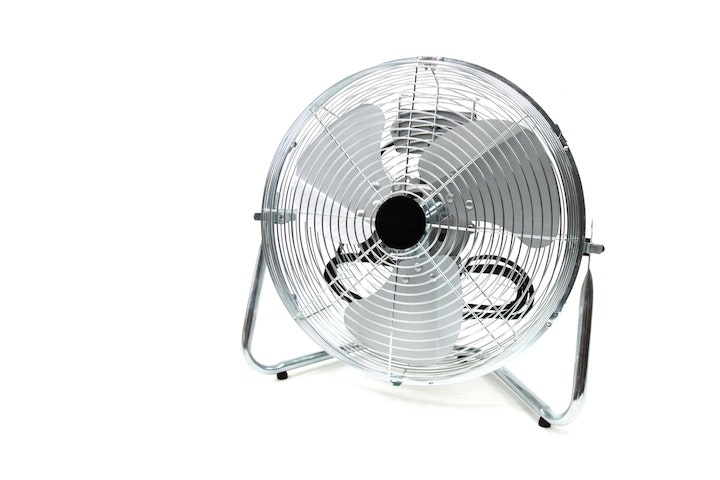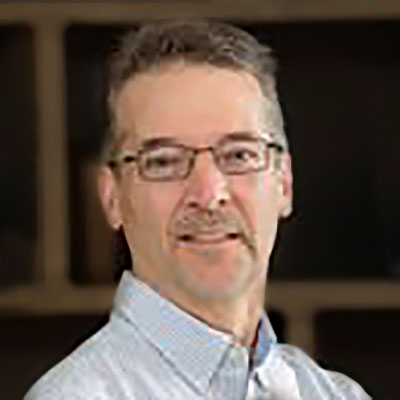
Before you buy or replace your furnace or AC, consider a heat pump
It’s getting hotter every year. Are you thinking about finally caving in for an air-conditioner but feeling concerned about energy consumption? Would you like to find a way to cool your house without heating the planet? Then read on!
This is the first in a series of articles about my recently purchased heat pump, reporting on my experience with it and its performance. Since I just installed it, this first article will focus on why I chose a heat pump and why it might also make sense for you.
What is a heat pump?
Simply put, a heat pump is an air conditioner that can also run in reverse – meaning it can heat or cool. There are three different types, but the most common, called ‘air-source’, looks identical to an AC compressor. Mine interfaces with my home’s duct system through the furnace, just like central air. There are also ductless systems, just as there are ductless AC units. These are less common in northern California because most houses are built with ducts; however, they are very efficient. I’ll be talking about ducted, air-source heat pumps in this article, which is equivalent to central air and heating.
How does it work?
If you have ever put your hand over an operating AC compressor fan, you probably felt a lot of hot air, even on a hot day. The system was ‘pumping’ heat out the house. So by reversing it, you can pump heat into your house. If there was no atmosphere it would be about minus 455 degrees Fahrenheit outside your house, so there is a tremendous amount of heat in the air, even when it’s below freezing, and a heat-pump can use it. Moving heat from one place to another is more efficient than creating heat by burning natural gas, and much more efficient than heating with electricity. However, heat pumps do get less efficient as temperatures plunge into the 30s so to remedy this they are set up with an auxiliary gas or electric heater. This is not often needed in the Bay Area, but there are days it will run. I had my system set up ‘dual fuel’ because I had a perfectly good gas furnace which was substantially less expensive to keep than replace.
Why would you want one?
Although heat pumps are not yet common knowledge, that won’t be the case for long. 3.11M air-source heat pumps were sold in 2020, up from 1.7M in 2012. A heat pump will generally cost more to buy than standalone furnaces or AC units (compared with similar capacity central air conditioners I paid about $1000 more) but provide a number of significant advantages:
- Comfort. Gas forced air heat tends to come in spurts and dry the air out. A heat pump heats the home at a cooler temperature, leaving more humidity with less fluctuations in temperature. People with dry skin appreciate this the most, but it can also affect your sinuses and eyes. Your body tends to function better at 40-60% humidity, and gas furnaces require humidifiers to accomplish that. Humidifiers consume energy and have their own set of issues.
- Reducing fossil fuel consumption.
- Depending on your fuel and utility rates, it should save you money on your heating bill, particularly with solar panels. Some systems even switch between gas and electric based on which costs less at the time.
- Gas production is dropping significantly and many experts expect much higher gas prices in future. A heat pump will protect you from those increases.
- Dual sources of heat. Although it is not designed as a back-up system, if the gas was shut off you could still heat your home.
When would you want it?
When planning to add or replace an AC unit is a great time to consider a heat pump. If you are looking to replace a furnace, Electrify Marin currently has rebates from $1000-4500 that can make it more appealing to go with a heat pump, while getting AC as a bonus. And since Marin, amongst other cities and counties, are banning natural gas in new construction, a heat pump is probably the smartest way to go.
What’s next?
The purpose of this article is to increase awareness of heat pumps so people will be better informed before making long term HVAC investments. I will follow up with articles on the performance of my unit as a heater and as an air conditioner, from both comfort and cost perspectives.

A 20-year resident of Novato, Michael has a passion for safety and sustainability. As a consultant in the Energy and Utility Industry, he enjoys focusing on compliance, risk modeling, demand response, rate reform, and energy efficiency. He has made a concerted effort to reduce his footprint on the environment, adjusting his lifestyle and embracing human, wind, and gravity-powered sports. He has been educating himself and yearns to make a greater contribution to the health of the planet.
